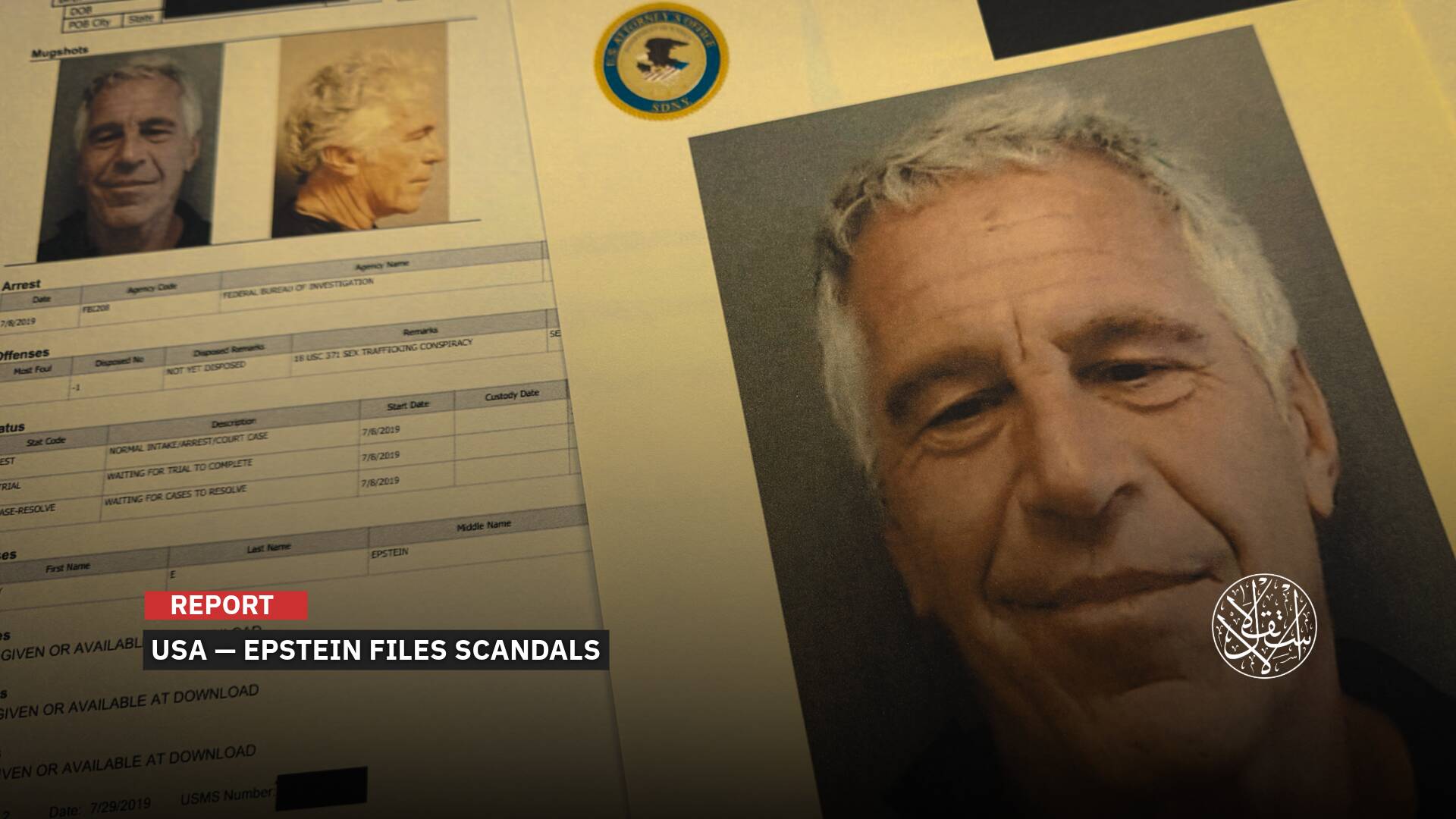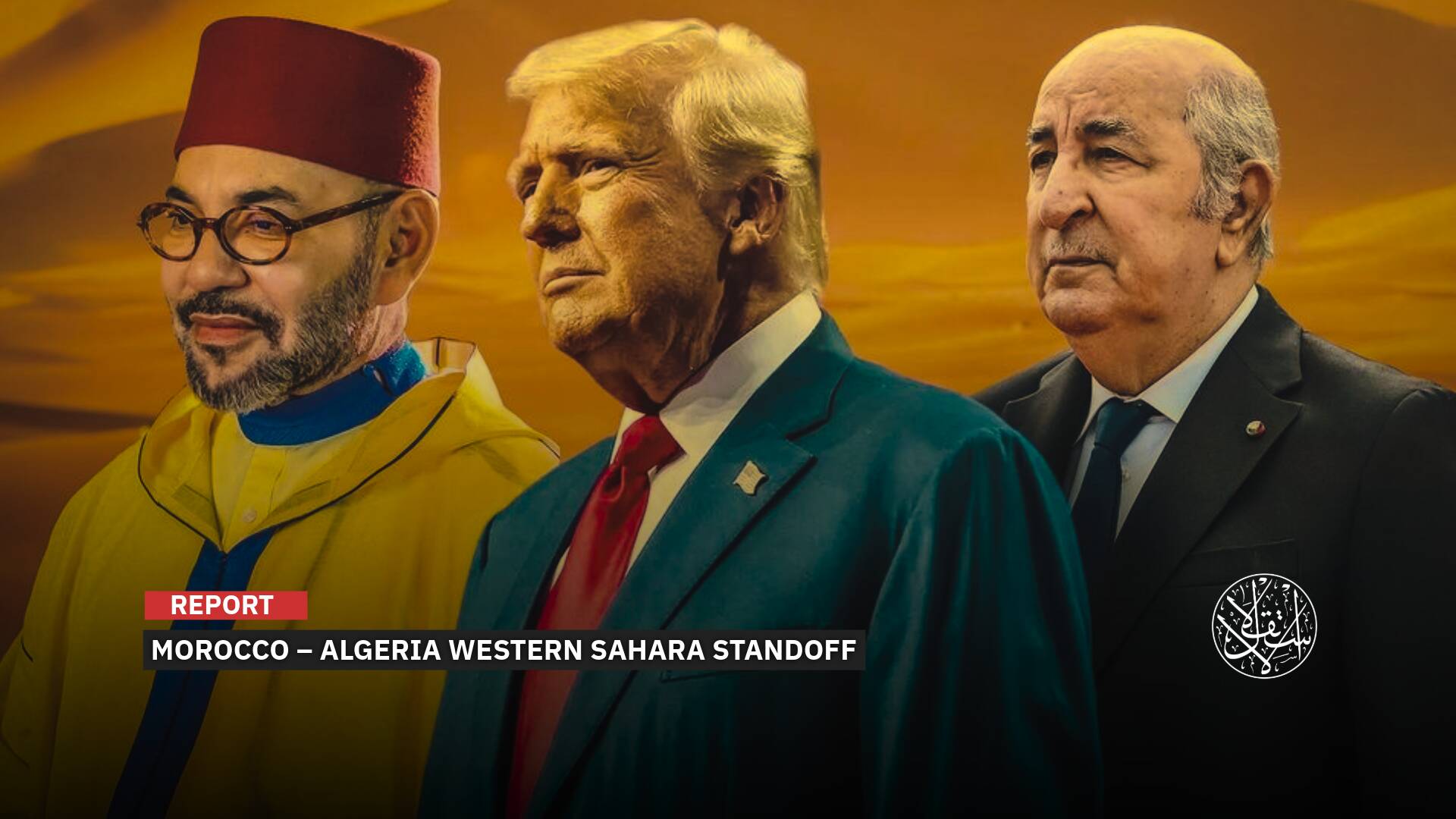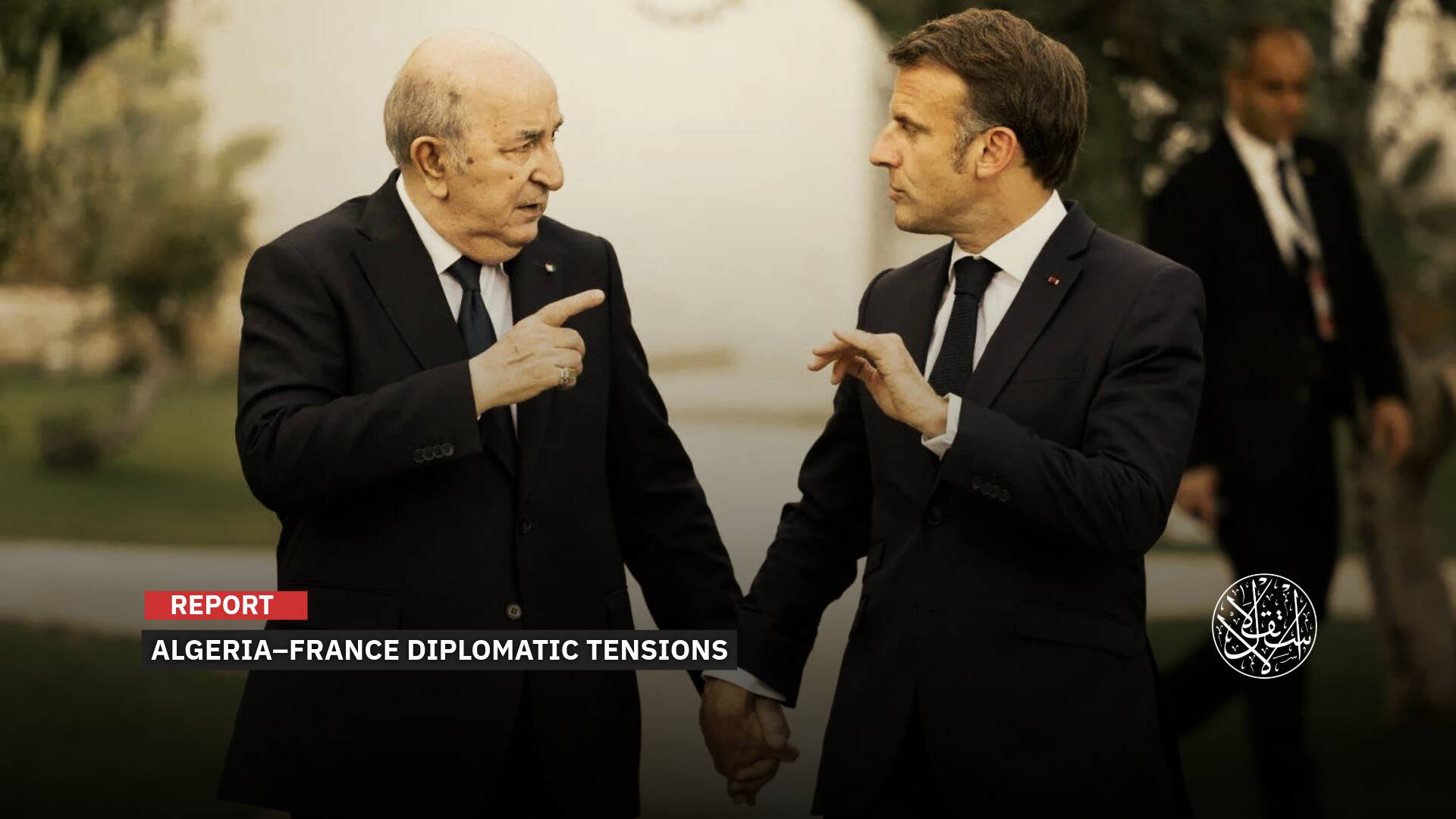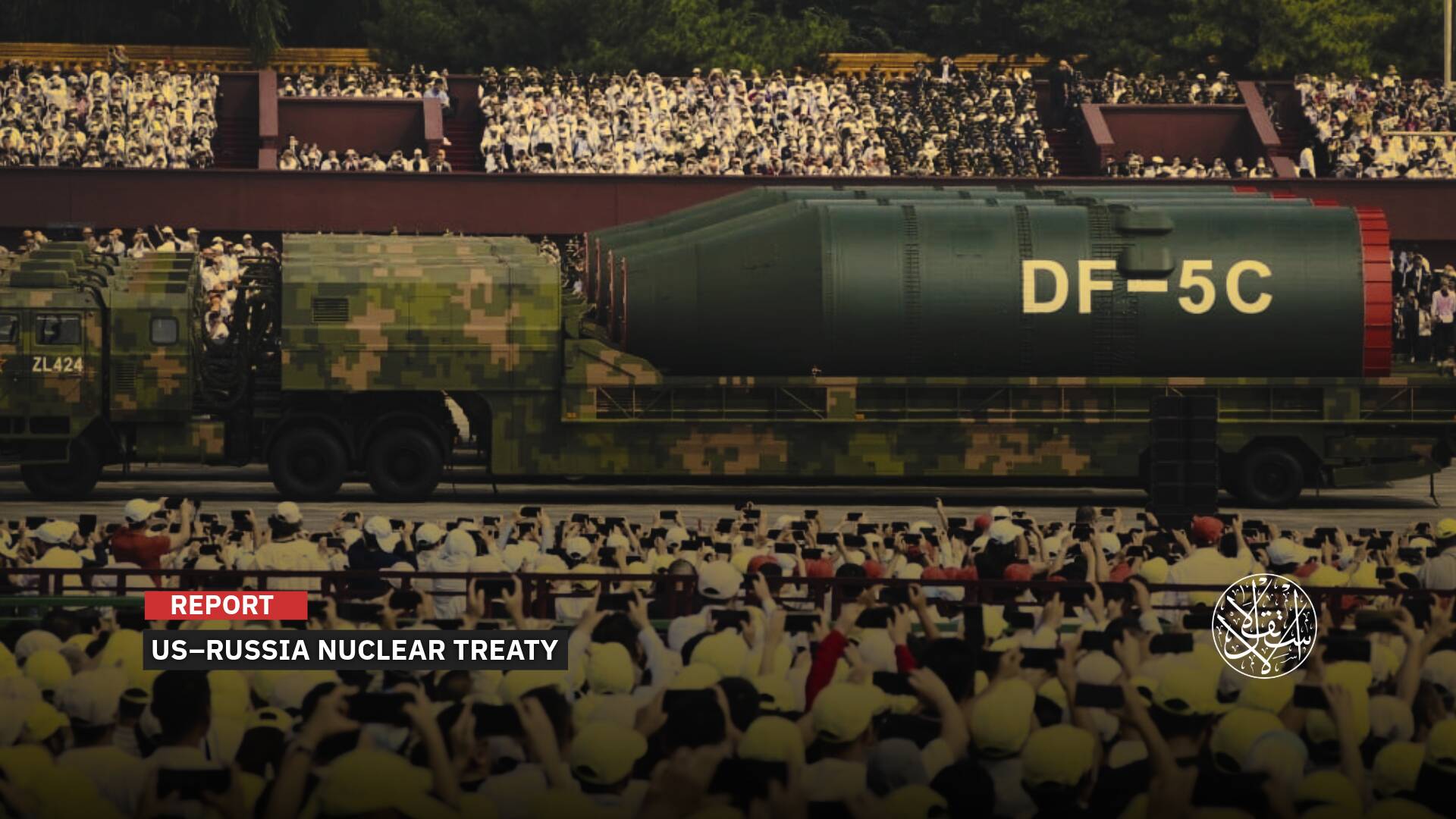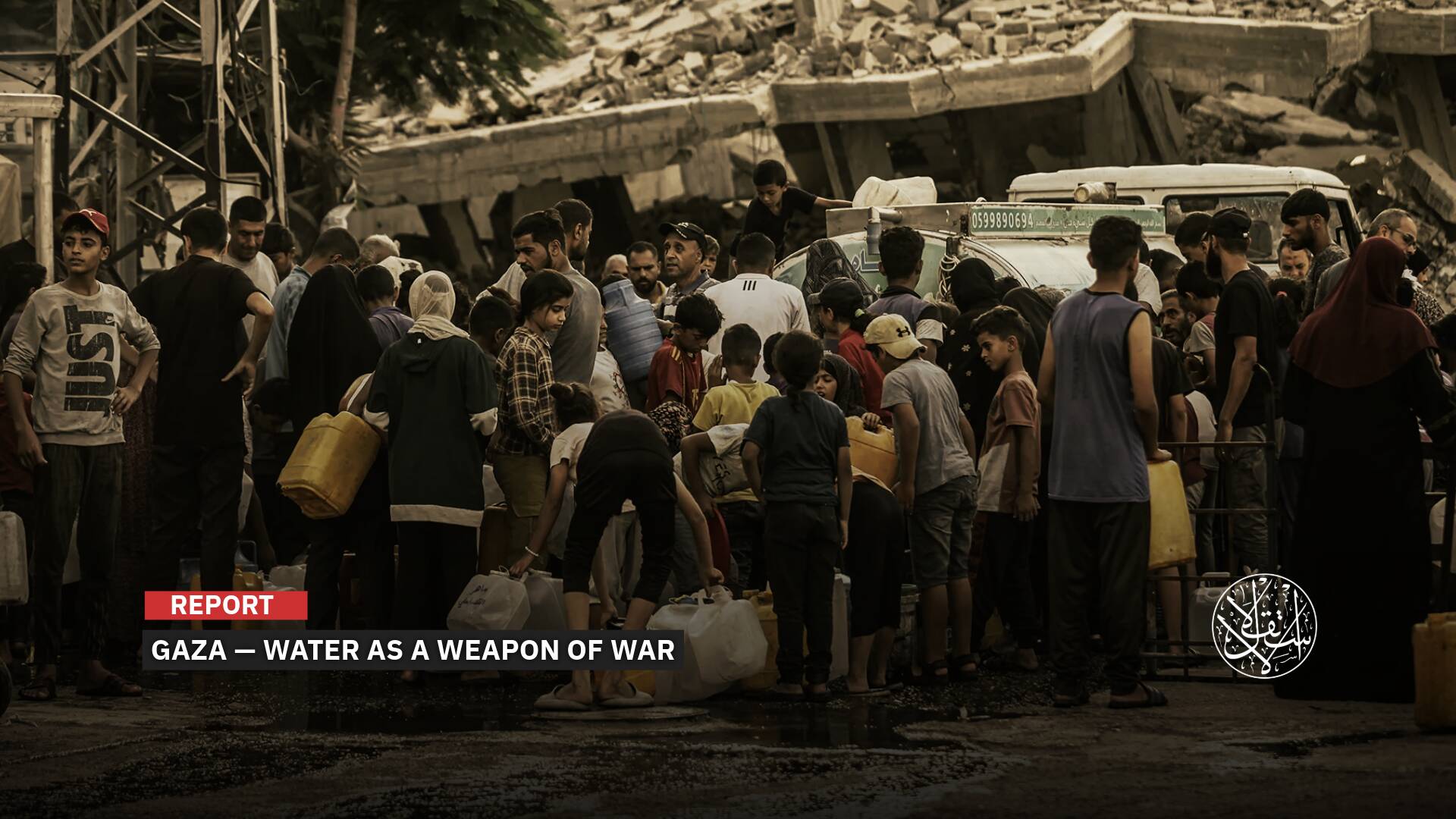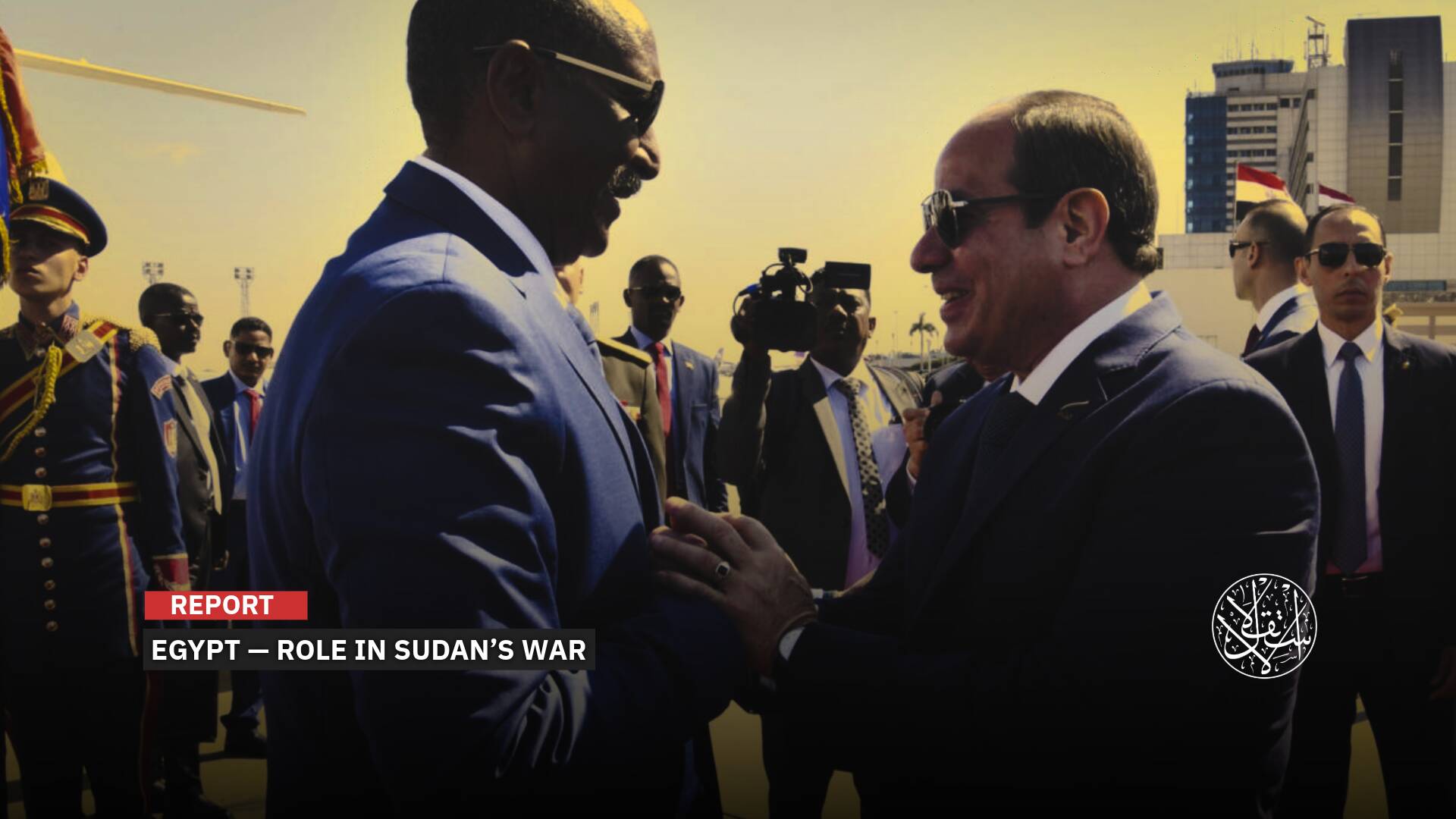Turkiye Severs Ties with ‘Israel’ Again: Timing and Implications of the Escalation
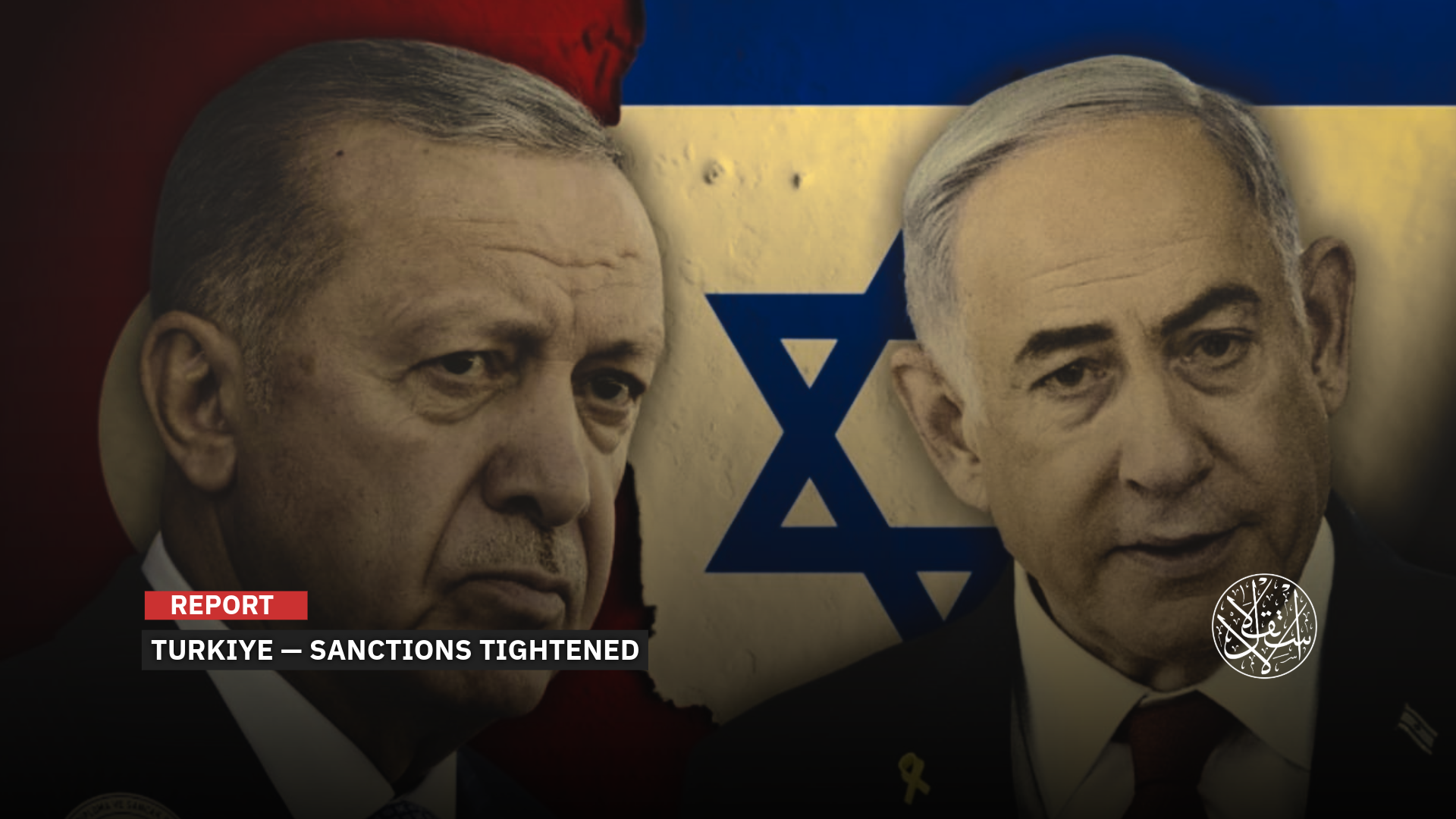
What Fidan said reflects a strengthening of existing measures, rather than a new severing of relations.
The announcement by Turkiye’s foreign minister, Hakan Fidan, on August 29, 2025, that Ankara was cutting all economic and trade ties with “Israel” and closing its airspace to Israeli aircraft raised eyebrows, given that Turkiye had already halted trade with “Israel” on May 2, 2024.
The decision, presented as a protest against the war in Gaza, was described by critics as nothing new. Turkiye had previously declared several similar measures in 2023 and 2024, while hostile media outlets countered with reports claiming that Turkish exports to “Israel” had quietly continued.
Turkish sources clarified that Fidan’s remarks were simply a reminder of Ankara’s position, delivered during an extraordinary session of parliament convened to debate the crisis in Gaza.
It was not, they insisted, a new policy shift. Even so, the minister’s intervention was framed as the launch of “stricter enforcement measures” against “Israel.”
Analysts suggested that the sharp tone and timing of the escalation had less to do with Gaza, and more to do with “Israel’s” bombing and ground operations in Syria, which Turkiye regards as a direct threat to its national security and a potential trigger for a broader regional confrontation, rather than with “Israel’s” recognition of the so-called Armenian Genocide.
New or More
Since the start of the Israeli war on Gaza on October 7, 2023, Ankara has rolled out a series of successive “sanctions” against “Tel Aviv”, including what it called a “reduction” in trade of about 30 percent from the beginning of the war until May 2, 2024.
On April 9, 2024, Turkiye expanded the measures by halting the export of 1,019 products to “Israel” across 54 commercial and industrial sectors, according to Turkiye’s state-run Anadolu Agency on August 29, 2025.
Finally, on May 2, 2024, Turkiye announced a complete halt to “all exports, imports and transit trade with Israel across all categories of goods, leaving no commercial activity between Turkiye and Israel, including transactions in customs and free zones,” the Associated Press reported on August 29, 2025.
Fidan’s latest remarks were therefore more of an accounting to parliament than a new policy, though he added uncompromising measures that amounted to a tightening of enforcement. He stressed that his country “had cut off trade ties with Israel entirely.”
“We have totally cut our trade with Israel, we have closed off our ports to Israeli ships, and we are not allowing Turkish vessels to go to Israel's ports,” Fidan said, adding that Israeli aircraft had also been barred from Turkish airspace.
“We are not allowing container ships carrying weapons and ammunition to Israel to enter our ports, and airplanes to go into our airspace,” he added, without giving details.
On August 21, 2025, Reuters reported that Turkish port authorities had, unofficially, begun asking shipping agents to provide letters confirming that vessels were not linked to “Israel” and were not carrying military or hazardous cargo bound for the country.
“A source had also said that Turkish-flagged ships would be prohibited from calling at Israeli ports.”
After the foreign minister declared that Ankara had already halted trade with “Israel” since the outbreak of the Gaza war, news agencies reported his remarks as if they were announcing a fresh decision.
“But the minister was recounting what Turkiye had done two years earlier, while stressing that it is now enforcing those measures more strictly,” according to Turkish analysts and experts.
They pointed out that Turkiye had not severed ties with “Israel” “again,” but had instead stepped up enforcement. What Fidan outlined, they said, amounted to further escalation, not new decisions.
The Turkish journalist Hamza Tekin said that Fidan “did not announce a break in trade relations with the Israeli occupation, but rather was listing Turkiye’s measures against it.”
In a post on X on August 29, Tekin stressed that “Turkiye cut them off completely and entirely from the occupation around a year and a half ago, and that remains the case.”
In other words, these steps reflect far-reaching executive measures to disrupt economic and logistical ties with “Israel”, completing a trajectory of reduction that began with the diplomatic and trade pullback from relations with the occupation after the Gaza war.
The Israeli government spokesperson described Fidan’s remarks as “an intensification of measures, not a fresh severing of ties,” according to the Hebrew daily Haaretz.
The trade agreements between Turkiye and “Israel,” which Ankara has now scrapped entirely, were “worth $7 billion annually,” cancelled in response to the Gaza offensive, the Jerusalem Post reported.

Total or Partial
Yet on August 29, 2025, Reuters quoted a “Turkish diplomatic source later clarified that Fidan meant Israeli government flights and flights carrying weapons to Israel.”
According to The Times of Israel, “The minister's comments refer to official Israeli flights and flights carrying weapons or ammunition to Israel.”
Hebrew media seized on Reuters’ report, with Yedioth Ahronoth running the headline on August 29, “After threats, Turkey clarifies airspace rules affect only 'Israeli government flights, weapons”
The paper said Turkiye had made clear that “recent restrictions on airspace apply only to Israeli government flights and planes carrying weapons or ammunition, not to commercial transit flights.”
Israeli airlines and aviation authorities said they had received no official notification from Turkiye.
On August 29, 2025, the Jerusalem Post quoted an Israeli official as saying, “Turkiye has previously announced cutting economic ties with “Israel,” but the relations continued nonetheless.”
Meanwhile, activists on social media circulated a flight radar map showing an Israeli plane crossing Turkish airspace, despite the foreign minister’s remarks that Israeli aircraft were barred from flying over Turkiye.
Israeli airlines confirmed they were still crossing Turkish airspace despite the announced closure, The Times of Israel reported on August 29, lending weight to the Turkish diplomat’s comment to Reuters that the ban did not apply to civilian flights.
What stood out, however, was that Fidan’s remarks about a complete halt to trade struck a nerve in “Israel,” prompting a response from national security minister Itamar Ben-Gvir, underscoring the significance of Ankara’s stance.
Although the economic impact of the decision is not yet clear, the closure of Turkish airspace could add almost two hours to Israeli flights bound for countries such as Georgia and Azerbaijan.
Israeli airlines primarily use Turkish airspace for flights to Georgia, and “Israel” said that travel operations were “continuing as usual, normally, with no changes,” Yedioth Ahronoth reported on August 29, 2025.

The Armenian Question
Journalists and media outlets hostile to the Erdogan government suggested that Ankara’s decision, which they portrayed as new, was not motivated by support for Gaza, but by anger over “Israel’s” stance after Netanyahu claimed that Turkiye, during the Ottoman period, was responsible for what he called the Armenian Genocide.
They argued that Turkiye’s “decision” to sever trade and economic relations completely came in reaction to Netanyahu’s remarks accusing Turkiye of committing genocide against Armenians, a charge that enraged Ankara, which described it as an attempt to deflect criticism over the Gaza killings.
“Israel’s” official position has been not to recognize the events as “genocide,” citing political and diplomatic considerations linked to its relations with Turkiye and Azerbaijan.
Netanyahu, however, broke with this official stance on August 26, 2025, declaring that the massacre of Armenians by the Ottoman Empire during the First World War was an act of genocide.
Speaking on the Patrick Bet-David podcast, Netanyahu was asked why Israel had never officially recognized the Ottoman Empire’s mass killings of Armenians, Assyrians and Greeks during World War I. He said, “I think we have, and the Knesset passed a resolution to that effect.”
When the host pressed that recognition should come directly from Netanyahu as prime minister, he replied, “I just did.”
Over the past several years, a number of bills recognizing the Armenian Genocide have been proposed in the Knesset, but “No such Knesset resolution has ever become law.”
They were often tabled during periods of tension with Turkiye, with former Knesset speaker Reuven Rivlin describing the issue in 2012 as “a political matter,” meaning it was raised primarily when relations were strained.
Earlier in 2025, the Israeli defense minister, Israel Katz, then serving as foreign minister, confirmed that he recognized the “Armenian Genocide”
Katz wrote in a post responding to what he described as Turkiye boasting about submitting materials to The Hague court related to the war of extermination in Gaza. We have not forgotten the Armenian Holocaust and the massacres of Kurds.
Haaretz predicted on August 27 that tensions between “Israel” and Turkiye could escalate following Netanyahu’s recognition of the Armenian Genocide, but Turkish sources denied any link between Fidan’s statements and “Israel’s” position on the Armenians.
Turkish authorities gave no indication that they were connecting the issue to their recent measures against “Israel;” relations have long been strained, and concerns over the Armenian file were not central to Ankara’s latest decision, which Turkish reports indicate was driven primarily by the escalation of the Gaza killings.
Since the outbreak of the war in Gaza, Turkiye has rejected what it calls a “genocidal war” there, with Erdogan attacking Netanyahu and comparing him to Nazi leader Adolf Hitler.
The two countries recalled their ambassadors, and their diplomatic missions are currently operating at a reduced level.
Gaby Kevorkian, a doctor living in Jerusalem, wrote on Arab 48 on April 22, 2025, that the Israeli reluctance to recognize the Armenian Genocide reflects “Israel’s desire to be seen as the only nation whose people have been victims of genocide worldwide.”



